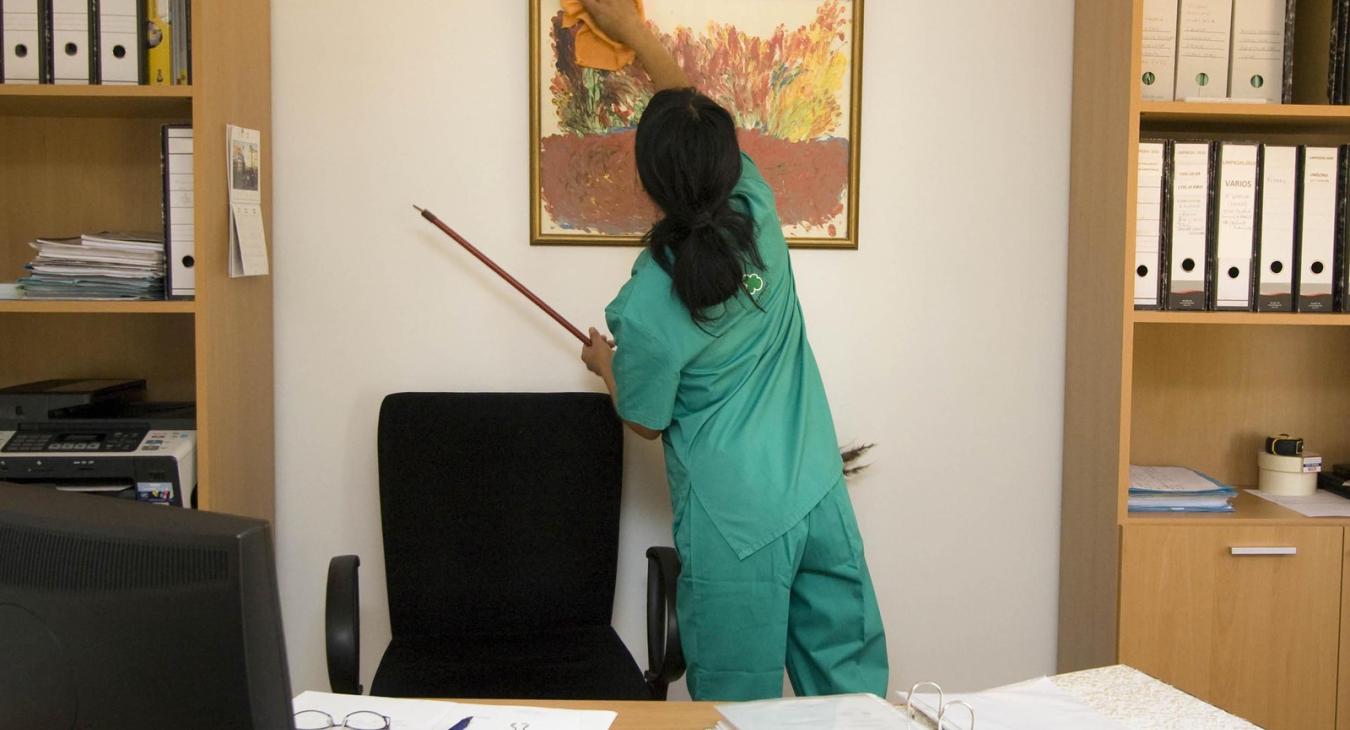TUPE - Frequently Asked Questions | Kent Cleaning Solutions
Why is TUPE Relevant to our Cleaning Services?
If you have an in house team of cleaners and you want a cleaning contractor such as Kent Cleaning Solutions to take over this existing team, then it is likely that a set of regulations governing such a change of employer (called TUPE) will apply
Kent Cleaning Solutions has taken detailed legal advice from our solicitors so that if you want to do a TUPE transfer we can do all the work for you - all you need to do is provide details of your current cleaning employees and provide us with a copy of their contracts of employment - we then do all the rest
What is TUPE?
TUPE stands for Transfer of Undertaking (Protection of Employment) Regulations 2006 (Statutory Instrument 2006/246) commonly referred to as “TUPE”.
Are there any other regulations I need to know about?
The TUPE regulations were introduced to give effect to European Directive 2001/23 known as the Acquired Rights Directive (ARD) and TUPE regulations are interpreted in line with the ARD.
Are all employees affected by TUPE and ARD?
When a transfer of business or change of service provision occurs employees (in this case cleaners) who fall within the scope of the regulations transfer automatically to the acquiring business (the transferee). The significance of the ARD (European Union's Acquired Rights Directive) is that for public authority employees, e.g. Government departments, local authorities, health or education authorities, its employees can rely directly on the ARD if they believe it gives them greater rights than domestic legislation.
When does TUPE apply?
It applies only to the transfer of an undertaking or business or more specifically the transfer of an economic entity which retains its identity. TUPE also applies to cover the relationship between clients and contractors who provide services, e.g. where contracts are awarded to a contractor or re-let to a new contractor or brought back in-house.
Which cleaning employees are TUPE protected?
In the case of a service change, only those employees who can be identified as belonging to an organised grouping of employees whose principal purpose is to carry out the activities concerned and which activities are being transferred to the transferee.
Who is an employee then for TUPE purposes?
Only employees or apprentices who work for a person or company are included within the definition of employee for TUPE purposes. The truly self-employed are not.
When do the employees transfer?
When the transfer of the business or service provision is completed the employees are automatically transferred.
What rights and liabilities transfer?
In essence all the transferor’s rights, powers, duties and liabilities incurring under or arising out of the employees’ contracts of employment transfer to the transferee.
NB Terms relating to occupational pension schemes generally do not transfer, nor generally do specific items like bonuses or profit sharing schemes but the transferee may be under an obligation to reinvent the latter in the new employment environment. In respect of occupational pension scheme the transferees must offer a minimum level of pension protection though.
Can the transferring employees’ terms and conditions of employment be varied?
In general the answer to this question is “no” and any changes in contract terms related to the transfer are void. Similarly if transferred employees find a substantial change in their working conditions to their detriment they may treat the contract as terminated and claim constructive unfair dismissal.
When are variations permitted?
This is a difficult area but where a change is necessary for “economic, technical or organisational” reasons unrelated to the transfer itself then a change may be possible. Further it may be possible to vary terms and conditions of employees who transfer where the variation is in the employee’s favour.






